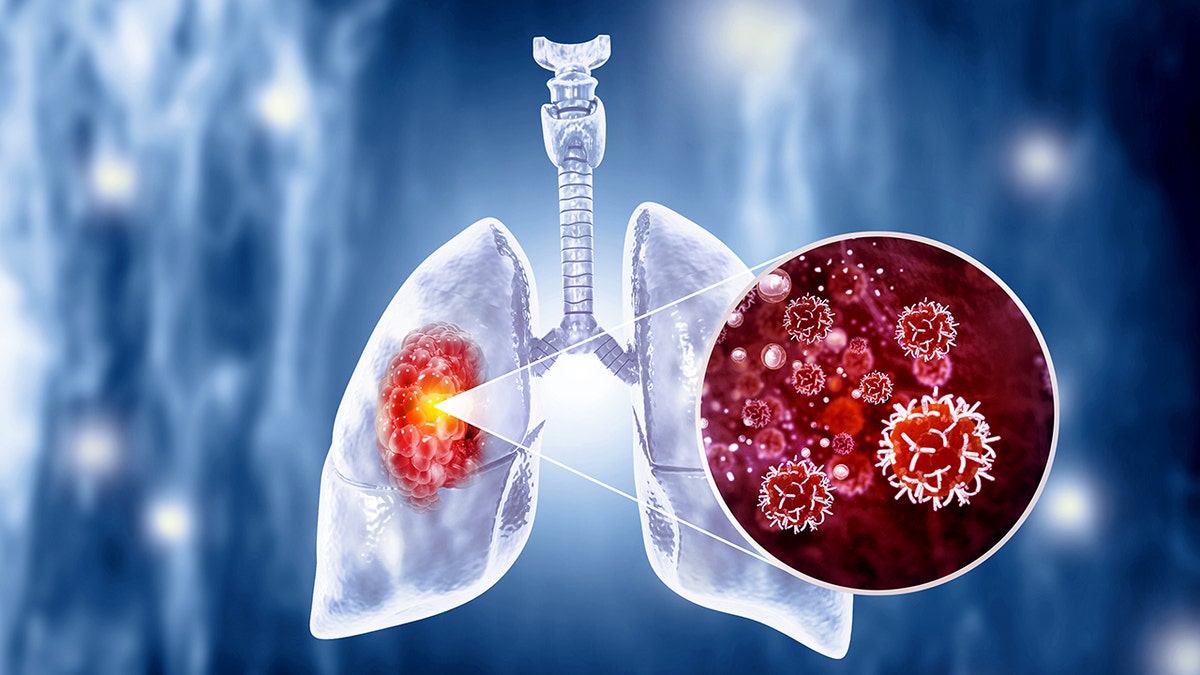New study reveals Gen X, millennials at higher risk for certain cancers
Fox News medical contributor Dr. Janette Nesheiwat provides details on the study from the American Cancer Society.
The prevalence of cancer among men is expected to skyrocket globally in the coming decades, according to a new study from the American Cancer Society (ACS).
To predict future risk, Australian researchers analyzed the mortality rates tied to 30 different types of cancer among adult men in 2022, based on data from the International Agency for Research on Cancer across 185 countries and territories.
Based on those findings, they predicted that between 2022 and 2050, men’s cancer cases will spike by around 84% — going from 10.3 million to 19 million.
ARTIFICIAL INTELLIGENCE DETECTS CANCER WITH 25% GREATER ACCURACY THAN DOCTORS IN UCLA STUDY
Male cancer deaths are expected to increase by 93% in that same time frame, reaching 10.5 million by 2050.
Cases are expected to more than double among men 65 and older, as well as for those who live in areas with a low or medium Human Development Index (HDI, a measure of a country’s average rankings in health, knowledge and standard of living).

The prevalence of cancer among men is expected to skyrocket globally in the coming decades, according to a new study from the American Cancer Society. (iStock)
Poorer survival is also projected for rare cancers, such as pancreatic.
The findings were published in Cancer, the journal of the ACS.
THESE 17 CANCER TYPES ARE MORE COMMON IN GEN X AND MILLENNIALS, AS STUDY NOTES 'ALARMING TREND'
"This underscores the urgent need for health care systems to prepare for the rising demand for cancer-related services," lead study author Habtamu Mellie Bizuayehu, PhD, a research fellow at The University of Queensland, Australia, told Fox News Digital.
"Without adequate preparation and intervention, the future burden on health care resources could become overwhelming."
In particular, Bizuayehu called for expanding cancer care facilities, training more health care professionals and ensuring the availability of necessary medical equipment and treatments.

Experts predict that between 2022 and 2050, men’s cancer cases will spike by around 84% — going from 10.3 million to 19 million. (iStock)
In 2020, men were 43% more likely to die of cancer than women, and their diagnosis rate was 19% higher, statistics show.
Men have been shown previously to engage more in modifiable risk factors for cancer, including smoking and consuming alcohol.
They are also less likely to get regular screenings for male-specific cancers, the study authors noted.
"Without adequate preparation and intervention, the future burden on health care resources could become overwhelming."
"As the population ages, the incidence of cancer naturally increases due to higher risks associated with older age," Bizuayehu told Fox News Digital.
"With the overall growth in population size, the absolute number of cancer cases is expected to rise."
Lifestyle factors, such as smoking and alcohol consumption, also play a role in the increased risk, the researcher noted.
The 10 cancers with the highest age-standardized mortality rates among men are lung cancer, liver cancer, colorectal cancer, stomach cancer, prostate cancer, esophageal cancer, pancreatic cancer, leukemia, bladder cancer, and cancers of the brain and central nervous system.
CLICK HERE TO GET THE FOX NEWS APP
To help reduce the impact of cancers on men, the researchers called for reducing modifiable risk factors and making male-specific screenings more accessible, among other efforts.

Men have previously been shown to engage more in modifiable risk factors for cancer, including smoking and consuming alcohol. (iStock)
"Strengthening health infrastructure, enhancing workforce quality and access, fostering national and international collaborations, and promoting universal health coverage are crucial to reducing cancer disparities and ensuring cancer equity among men globally," the study authors wrote.
Dr. Timothy Showalter, a radiation oncologist at UVA Health in Virginia and chief medical officer at Artera, noted that while the increased rates for 2050 are "concerning," there is also an increase in cancer treatment options.

An oncologist said he is optimistic that medical innovations, such as AI, will enable more personalized cancer treatments. (Mohammed Haneefa Nizamudeen/iStock)
"In particular, the study calls out prostate cancer as a leading cause of cancer mortality in 79 countries and territories, underscoring the critical need for advanced and personalized treatment options," he told Fox News Digital.
"Today’s innovations, especially in AI, enable precision medicine that empowers patients and clinicians to make personalized treatment plans, ensuring that individuals can confidently choose the path of care that is right for them."
Potential limitations
The researchers acknowledged some limitations of the study, including the quality of the data provided by some countries and territories.
CLICK HERE TO SIGN UP FOR OUR HEALTH NEWSLETTER
"One limitation was the variability in data quality and availability across different countries," Bizuayehu said.
"High-income countries generally have more robust cancer registries and health data systems, whereas low-income countries often lack comprehensive and accurate data," he went on.
For more Health articles, visit www.foxnews/health
"This disparity can affect the precision and reliability of the projections."
Fox News Digital reached out to the ACS for comment.









































